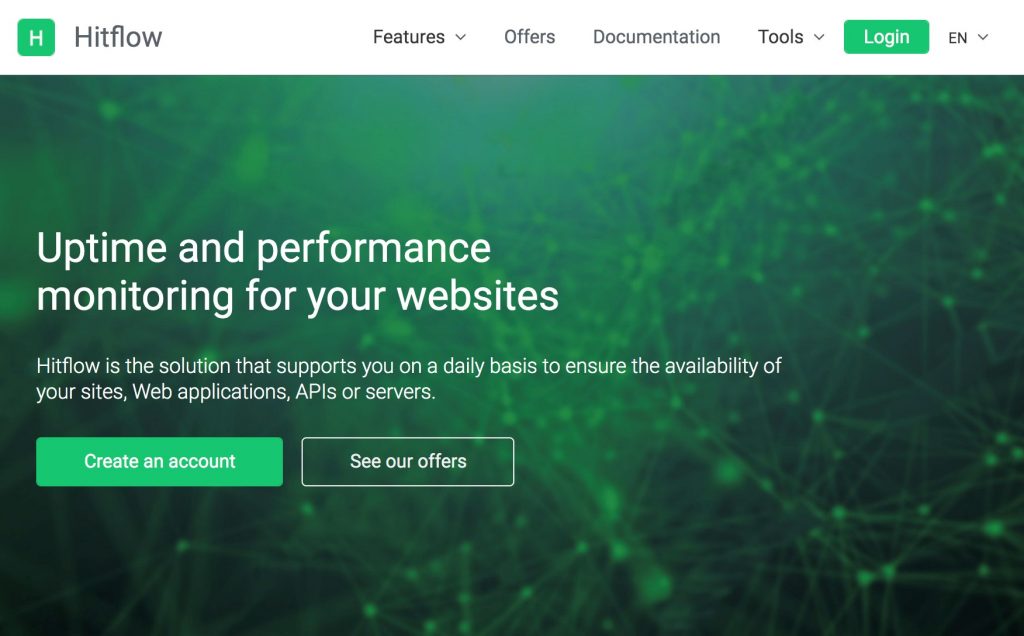//

Cambridge genomic data pioneer Congenica has raised a stunning $50 million Series C funding from one of the most international syndicates ever assembled for a UK deal.
UK blue chip business Legal & General is partnered by players from China, Malaysia and Oman in backing the digital health trailblazer, which was spun out of the Sanger Institute. It is based at the Wellcome Genome Campus.
Congenica is using the cash to advance both its clinical genomic analysis software and its data platform. Executives say this will drive further commercialisation of rare and inherited cancer applications and expansion into oncology, wellness and pharmaceutical collaborations.
The company’s technology already enables rapid and accurate analysis of complex genomic data to transform people’s lives.
The blockbusting Series C was co-led by Tencent (China) and Legal & General (UK) and included other new investors Xeraya (Malaysia), Puhua Capital (China) and IDO Investments (Oman). Existing investors Parkwalk, Cambridge Innovation Capital and Downing also participated. Lazard acted as sole financial adviser to the company.
The international nature of this important financing round brings new strategic and geographic capabilities that will further advance Congenica’s existing global footprint.
A pioneer in genomic analysis, Congenica has established a diverse, global customer-base of hospitals, diagnostic laboratories, academic medical centres and pharmaceutical companies based on its exceptional scientific heritage from the Wellcome Sanger Institute and as the exclusive Clinical Decision Support service provider in the delivery of the ground-breaking UK NHS Genomic Medicine Service. Congenica’s initial commercial success has led to a customer network spanning 18 countries.
Congenica will deliver advanced capabilities including the ability to integrate with existing electronic health systems and deliver fully automated interpretation capability. Underpinning Congenica’s value is its unparalleled use of a vast range of high quality data sources.
By integrating its software into existing systems and infrastructure, and further developing ground-breaking machine learning capabilities, Congenica is building a future where personalised decisions and treatments, guided by genomic information, can be routinely used to transform the health and wellness of individuals around the world.
Congenica CEO Dr David Atkins, said: “Genomic medicine is revolutionising healthcare, transforming outcomes for patients by providing clinicians with fast, accurate and early diagnoses and the information needed to provide life-changing answers for their patients, improving wellbeing and disease management.
“This new funding will allow us to build on our established foundation in rare disease and bring the power of our platform to new indications and new markets.”
Congenica’s world-leading software enables rapid genomic data analysis at scale, performing 20x faster than industry averages and providing a 30 per cent higher analytical yield, reducing genomic interpretation costs by up to 95 per cent.
Born out of pioneering research from the Wellcome Sanger Institute and the NHS, Congenica has a global footprint supporting leading international laboratories, academic medical centres and biopharmaceutical companies.
from Business Weekly https://ift.tt/3n7uX4o










